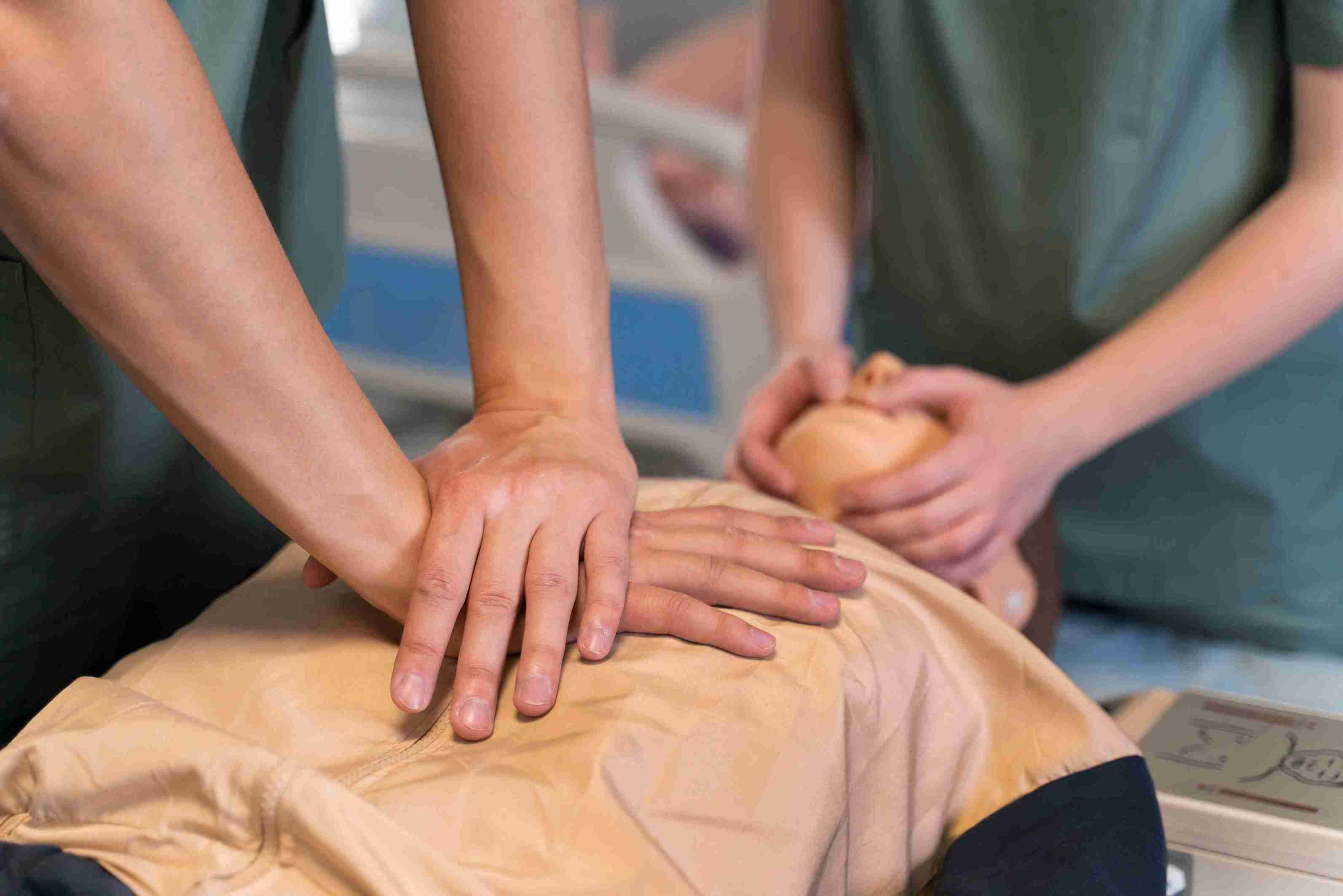Basic Life Support Training Online: Why It’s Vital for Every First Responder

In an emergency, every second counts. Basic Life Support (BLS) training equips first responders with the essential skills needed to provide immediate care during critical situations. With the rise of online learning platforms, obtaining BLS certification has become more accessible than ever. This blog explores why online BLS training is crucial for every first responder and how it can make a significant difference in emergency care.
The Importance of BLS Training
- Immediate Response: BLS training teaches first responders how to perform CPR, use an automated external defibrillator (AED), and manage choking incidents. These skills are crucial for stabilizing patients until professional medical help arrives.
- Confidence in Crisis: Knowing how to handle emergencies confidently can reduce anxiety and improve performance under pressure. BLS training provides the knowledge and practice needed to respond effectively.
- Life-Saving Skills: According to the American Heart Association, early intervention through BLS can significantly increase a person's chance of survival after cardiac arrest. The ability to perform high-quality chest compressions and use an AED can be life-saving.
Benefits of Online BLS Training
- Flexibility and Convenience: Online BLS courses allow individuals to learn at their own pace and from the comfort of their homes. This flexibility is particularly beneficial for busy first responders who may have irregular schedules.
- Comprehensive Learning: Many online BLS courses offer interactive modules, videos, and quizzes to reinforce learning. This multimedia approach helps ensure that learners understand and retain the material.
- Up-to-Date Information: Online courses are frequently updated to reflect the latest guidelines and best practices in emergency care. This ensures that first responders are trained with the most current information.
- Cost-Effective: Online training often costs less than in-person courses, making it a budget-friendly option for individuals and organizations. Many online programs also offer certifications that are recognized by major health organizations.
Choosing the Right Online BLS Course
- Accreditation: Ensure the course is accredited by a reputable organization such as the American Heart Association or the Red Cross. Accreditation guarantees that the training meets high standards and provides valid certification.
- Course Content: Look for a course that covers all essential aspects of BLS, including CPR, AED use, and choking relief. The course should also offer practical components or simulations to practice skills.
- Support and Resources: Choose a course that provides access to instructors or support resources in case you have questions or need clarification on the material.
Basic Life Support training is a critical component of emergency preparedness for every first responder. Online BLS courses offer a flexible, comprehensive, and cost-effective way to gain these essential skills. By investing time in online BLS training, first responders can be better prepared to provide life-saving care in urgent situations, ultimately contributing to improved patient outcomes and safer communities.
